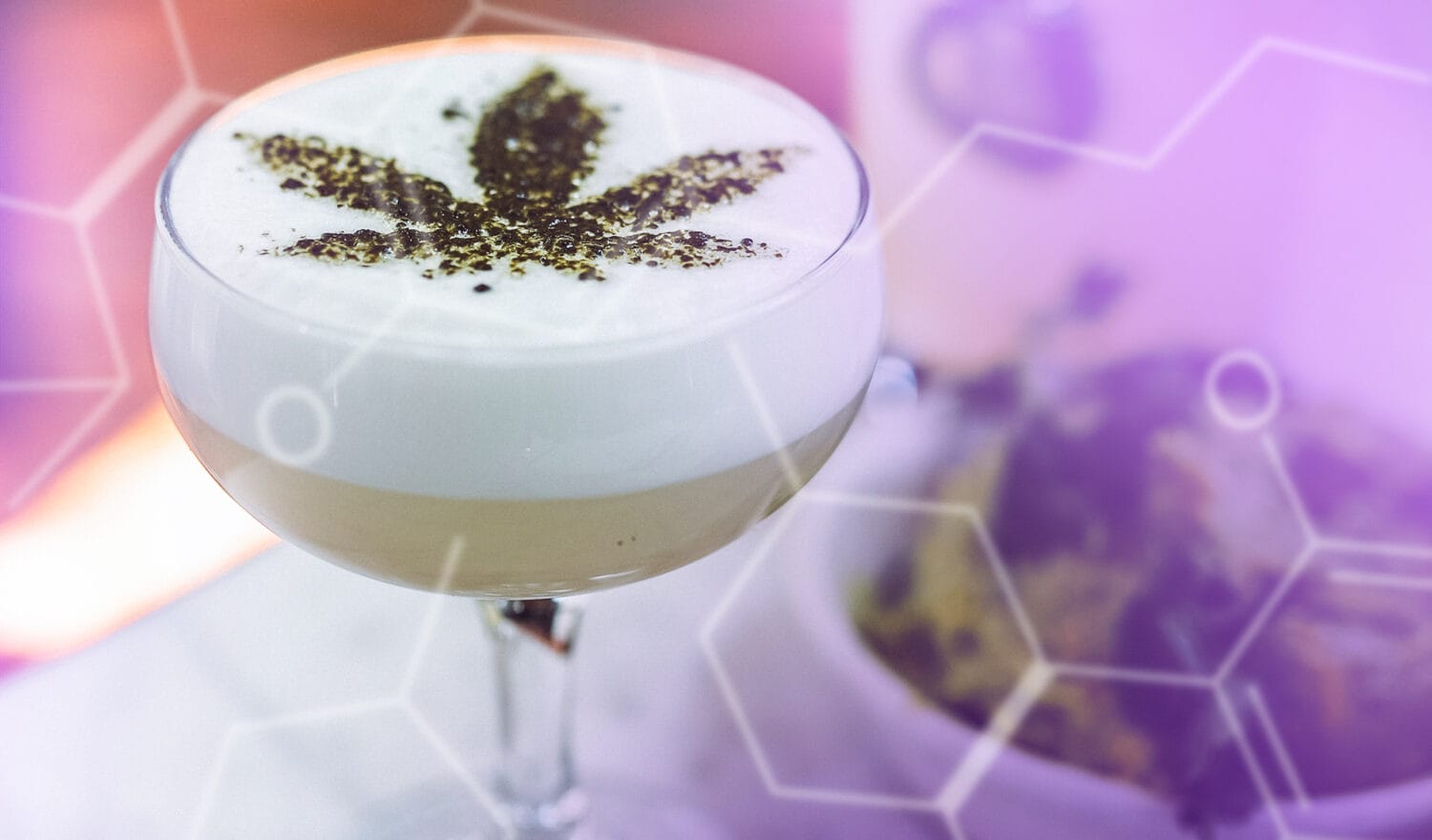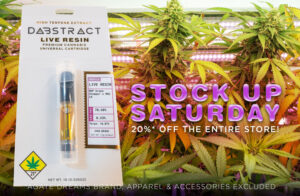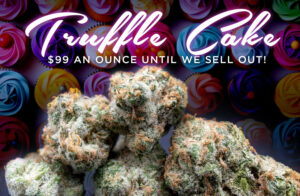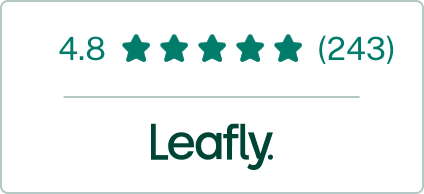Contributed by guest writer: Michael Gilman. | June 1, 2019
CBD is all the rage. With the passage of the Farm Bill in 2018, CBD products have proliferated so quickly that it has caught regulators with their pants down. You can now go online and find an impressive array of CBD products all claiming different things. Because of this, there is a lot of confusion about CBD: Where it comes from, how effective is it, and how to know if it’s safe. As consumers, we need to know all of this, because we all want to actually get what we pay for and not waste our hard earned money.
Before we dive in, it’s important to know the difference between hemp and cannabis as defined by the new Farm Bill. Both of these plants are technically cannabis plants, but the Farm Bill defines hemp as any cannabis plant that has less than 0.3% THC by weight. Ultimately, this means there’s a substantially lower amount of resin in the plant, which has implications in the manufacturing process. The Farm Bill gives a pass to hemp. This means there is now a glut of hemp-derived CBD with minimal safety oversight when not sold in designated cannabis retailers, since no provisions were made in this bill for the evaluation of the safety of these products.
Not all CBD is created equal. All cannabis plants, including hemp, act as pollutant aggregators, that is, they collect nasty chemicals from the ground, usually something we don’t want to ingest. While this is awesome for farmers trying to clean up their land, it has some unfortunate consequences for CBD extracted from their plants, especially when that hemp is from other countries that don’t have as stringent regulations on pesticide use. Resin acts as a natural pesticide, and because hemp has substantially less resin by weight, it requires more man-made pesticides to protect it. Less resin means more plant material to create a similar amount of CBD when compared to its cannabis-derived counterpart. Those extra pesticides don’t just get filtered out through the CBD manufacturing process: They get concentrated along with the CBD. That means all the pesticides those farmers sprayed to protect their crop go right into the product you see online.
Hemp-derived CBD suffers yet another pitfall. In addition to the low resin content, hemp has a lower diversity of CBD related chemicals in it. In fact, all CBD derived from hemp is either a distillate or an isolate. This means you’ll get CBD, but not any of the terpenes or other cannabis compounds that work with CBD to increase its effectiveness. So, when shopping for CBD products, look for “broad spectrum” CBD products, not CBD-only products.
Not only do you have to deal with pesticides in your hemp-derived CBD, there is also evidence of broad based labeling issues. The wild-west nature of the hemp-derived CBD market leads to many instances of inaccurate labeling of CBD and THC content. According to a survey of 85 products online, 87.5% of all products listed online inaccurately reported the amount of CBD contained in their product. I don’t know about you, but I want to know exactly what I’m getting when I make a purchase online.
To ensure you’re not wasting your money, here are a few things to remember: First, not all CBD products are created equal; make sure your CBD comes from high-resin cannabis plants (a.k.a. not hemp) to get the most bang for your buck. Second, cannabis concentrates contaminants, and overseas production of CBD is almost entirely unregulated, which means all those chemicals are in the CBD you just bought online. Also, it is important to ensure your CBD was produced domestically, because safety regulations here are quite a bit more stringent. Finally, never buy CBD that hasn’t been tested. At Agate Dreams, we never sell untested CBD, and all of our CBD products are derived from high resin cannabis plants organically grown in the United States. Why not treat yourself to the best?








 are registered trademarks of Suquamish Evergreen Corporation (SEC). Use of the ® symbol herein designates SEC’s trademark rights in association with only those goods and services listed in Reg. Nos. 7,402,321; 7,668,174; 7,668,175; and 7,711,503
are registered trademarks of Suquamish Evergreen Corporation (SEC). Use of the ® symbol herein designates SEC’s trademark rights in association with only those goods and services listed in Reg. Nos. 7,402,321; 7,668,174; 7,668,175; and 7,711,503